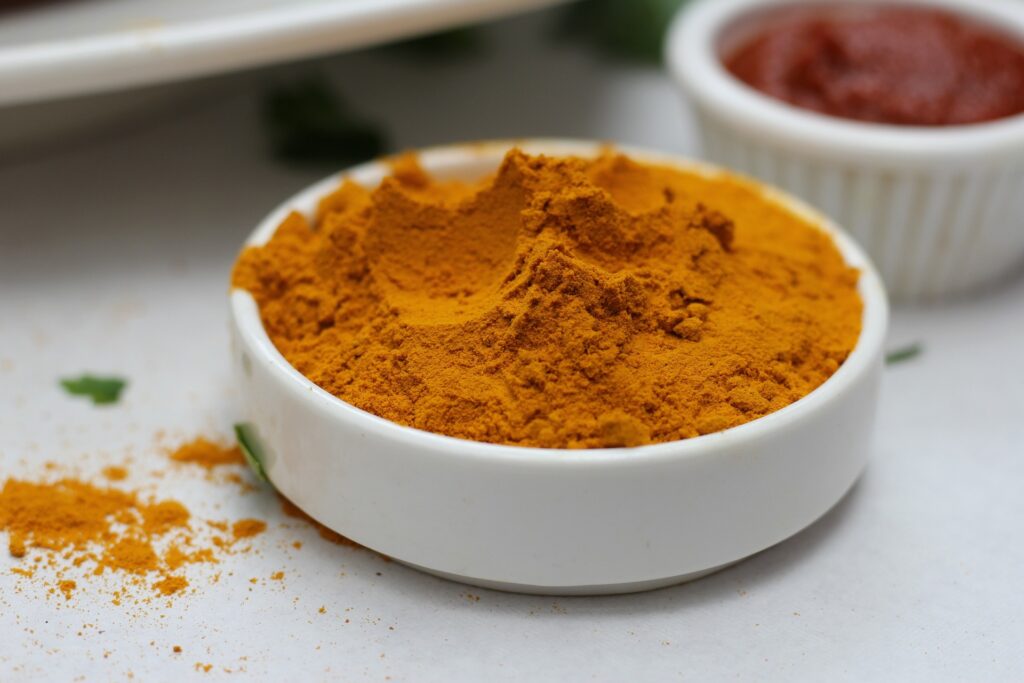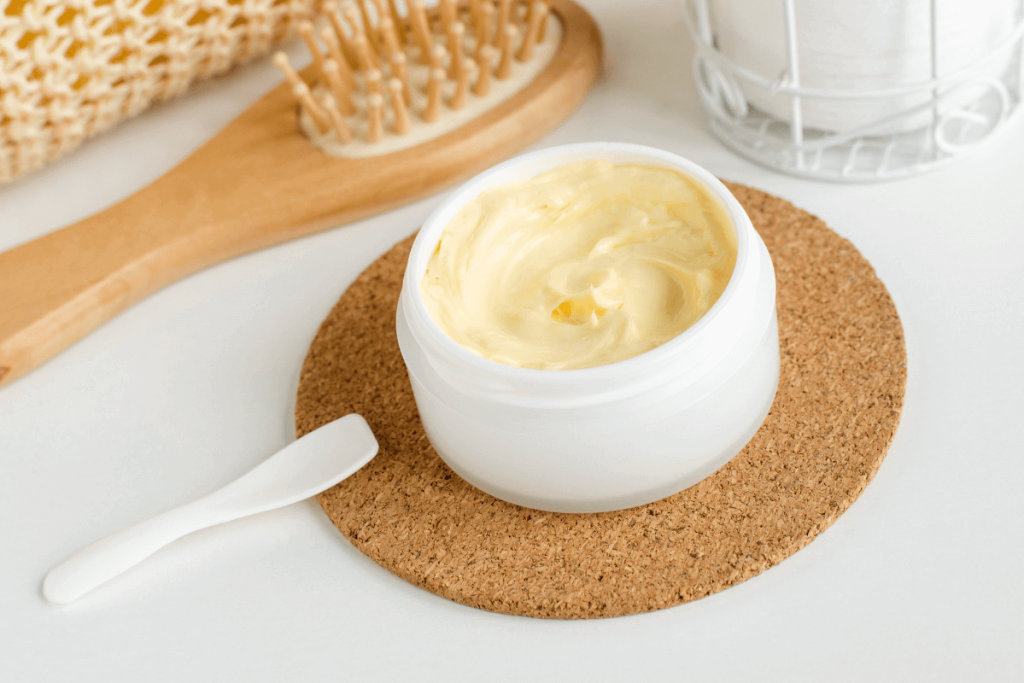
For centuries, indigenous Australians have harnessed the power of the Melaleuca alternifolia tree, better known as the source of tea tree oil.
This versatile essential oil has gained global popularity due to its diverse range of potential benefits, spanning skin and hair care to household cleaning and even wound healing. But amidst the hype, where does the truth lie? Let’s delve into the science behind this natural wonder and explore its uses, benefits, and potential drawbacks.
Unveiling Power Of Tea Tree Oil
Tea tree oil’s magic lies in its unique chemical composition. The key player is terpinen-4-ol, a powerful compound boasting antibacterial, antifungal, and anti-inflammatory properties. These properties have been extensively studied, revealing potential benefits in various areas:
Skin Saviour
Acne Fighter: Studies suggest tea tree oil, when diluted and used topically, can be as effective as benzoyl peroxide in reducing acne inflammation and promoting healing. However, it’s crucial to dilute it with a carrier oil like jojoba or coconut oil to avoid irritation.
Soothing Soother: For minor cuts, scrapes, and insect bites, tea tree oil’s antibacterial and anti-inflammatory properties can aid healing and reduce discomfort. However, consult a doctor for deeper wounds or serious infections.
Dandruff Defence: Tea tree oil shampoos are popular for combating dandruff due to their antifungal properties. It can help reduce scalp flaking and irritation associated with dandruff.
Hair Hero
Scalp Soother: Similar to its benefits for dandruff, tea tree oil can soothe itchy scalps caused by other conditions like seborrheic dermatitis. However, patch testing is crucial to avoid allergic reactions.
Hair Growth Promoter: While research is limited, some studies suggest tea tree oil might promote hair growth by stimulating blood circulation in the scalp. However, more research is needed to confirm these findings.
Household Helper
Natural Disinfectant: Tea tree oil’s antimicrobial properties make it a natural alternative to harsh chemical disinfectants. Diluted solutions can be used to clean surfaces and prevent the spread of germs.
Laundry Freshener: Add a few drops of tea tree oil to your laundry detergent for a natural antibacterial boost and a fresh scent.
Beyond Basics
Wound Healing: Studies suggest tea tree oil may accelerate wound healing by reducing inflammation and promoting tissue regeneration. However, further research is needed to confirm its efficacy for specific wound types.
Athlete’s Foot Fighter: Tea tree oil’s antifungal properties make it a potential remedy for athlete’s foot. Diluted solutions can be applied topically to affected areas, but consult a doctor for persistent or severe cases.
Remember: Dilution is key and consult before use
While tea tree oil offers various benefits, it’s crucial to remember:
Never ingest tea tree oil: It’s toxic if swallowed.
Always dilute before topical use: Pure tea tree oil can irritate the skin. Use a carrier oil like jojoba or coconut oil with a 1:10 dilution for most applications.
Patch test before applying: Apply a small amount of diluted tea tree oil to your inner elbow and wait 24 hours to check for any allergic reactions.
Consult a doctor for serious conditions: While tea tree oil can be helpful for minor issues, consult a healthcare professional for serious wounds, infections, or pre-existing medical conditions.
Tea tree oil, with its diverse potential benefits, can be a valuable addition to your natural remedy kit. However, it’s crucial to use it safely and responsibly. By understanding its properties, limitations, and proper application methods, you can harness the power of this natural wonder while ensuring your safety and well-being. Remember, consult your doctor for any concerns or medical conditions before using tea tree oil.













